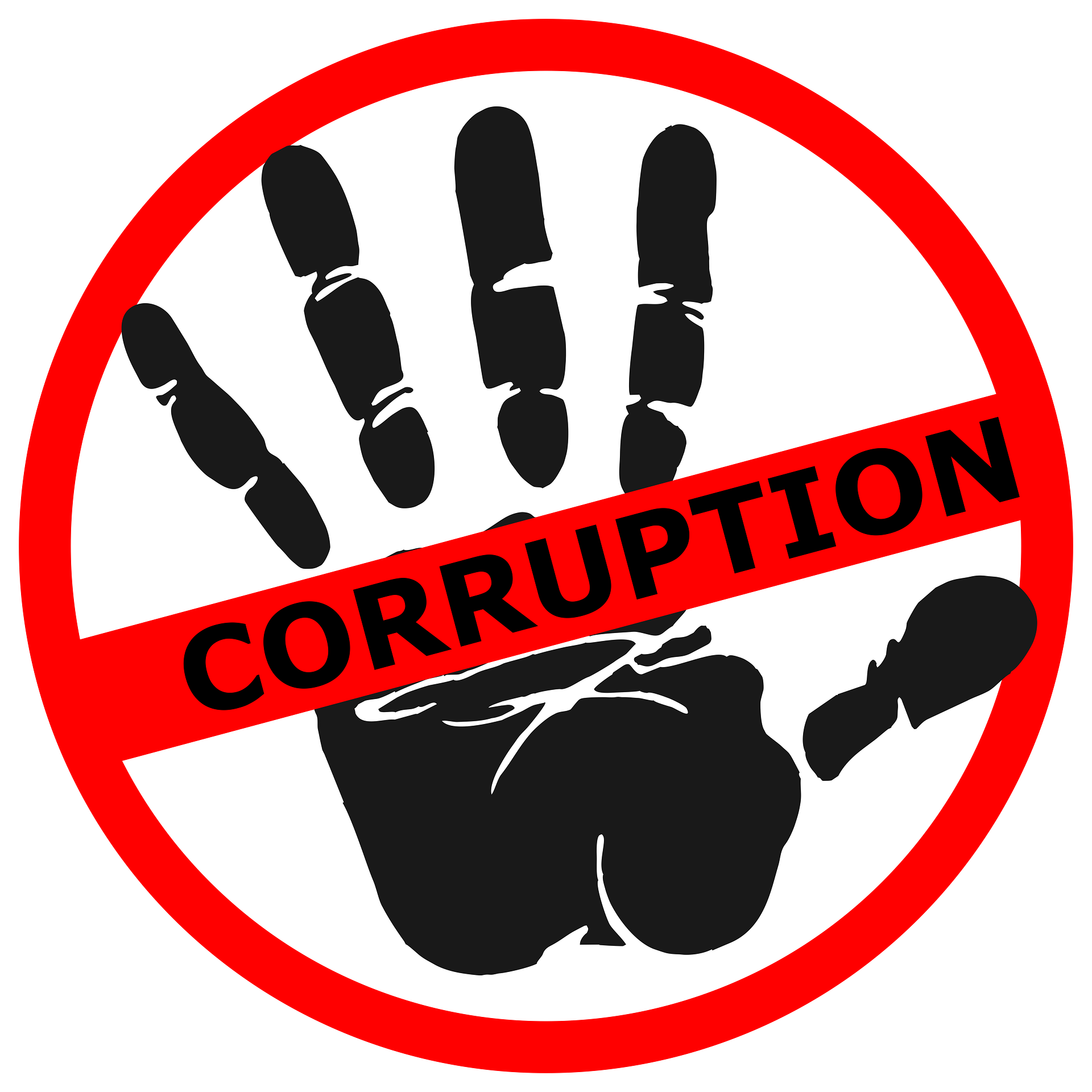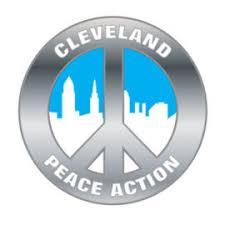“José” is an award winning film from Guatemala about a young gay man’s struggles to find love in a socially conservative, homophobic society. “José” opens this Friday in South Florida theaters. But its star, Guatemalan actor Enrique Salanic, won't be here for the film's American premiere, as he'd hoped. That's because the U.S. has denied Salanic a visa to enter the country. “José” won the Queer Lion at the Venice Film Festival – the prize for the best LGBTQ-themed movie. But this film is different from a lot of films about gay people in Latin America. The homophobia is certainly felt. But the story focuses more on how hard it is for a gay man to secure a loving relationship there.
- Home
- About Us
- Issues
- Countries
- Rapid Response Network
- Young Adults
- Get Involved
- Calendar
- Donate
- Blog





